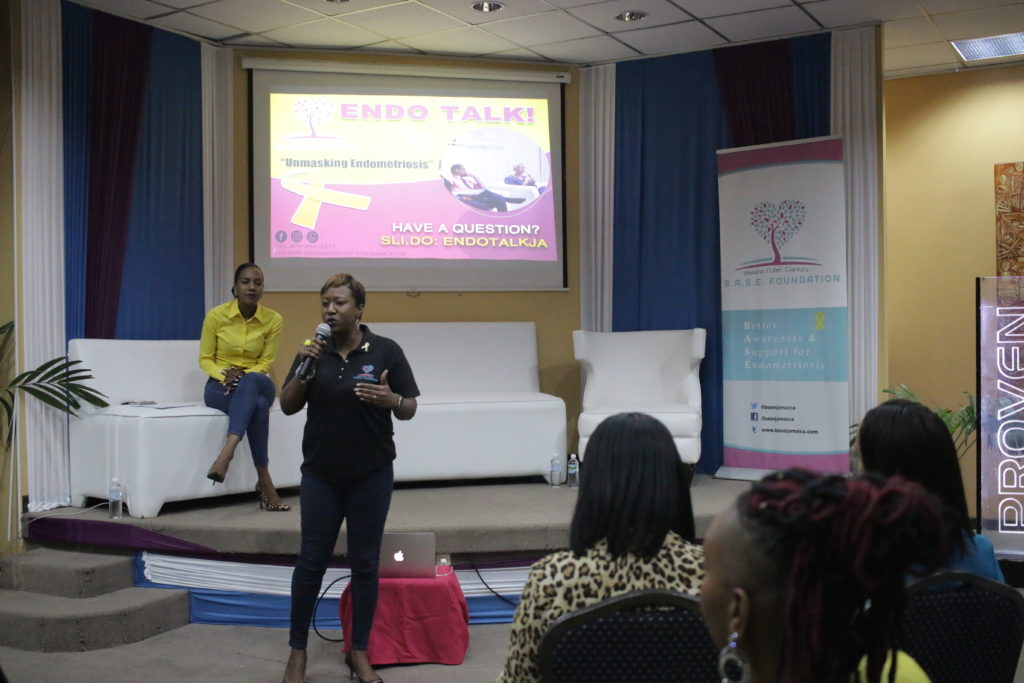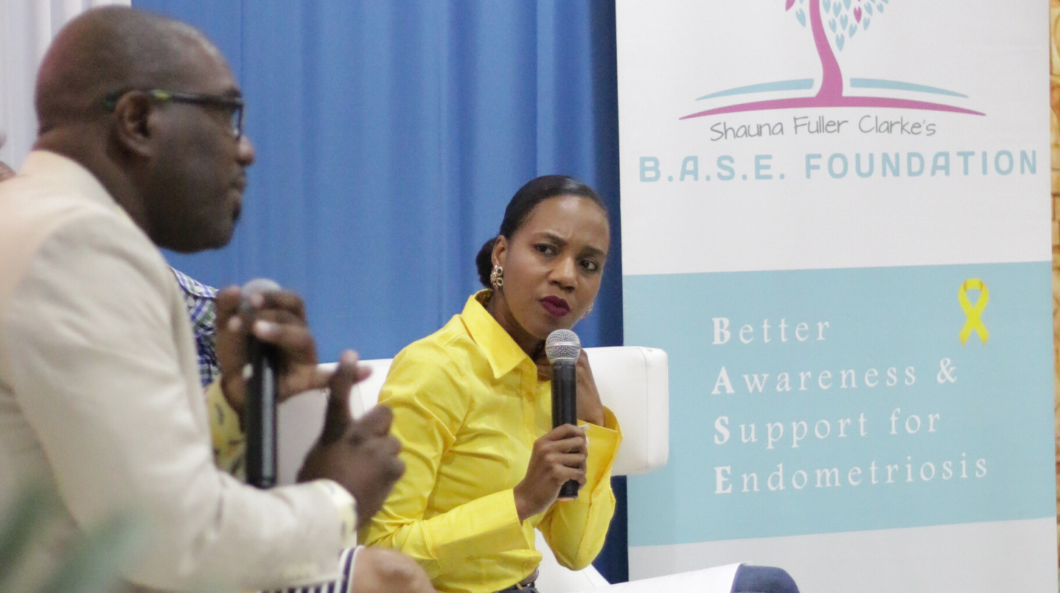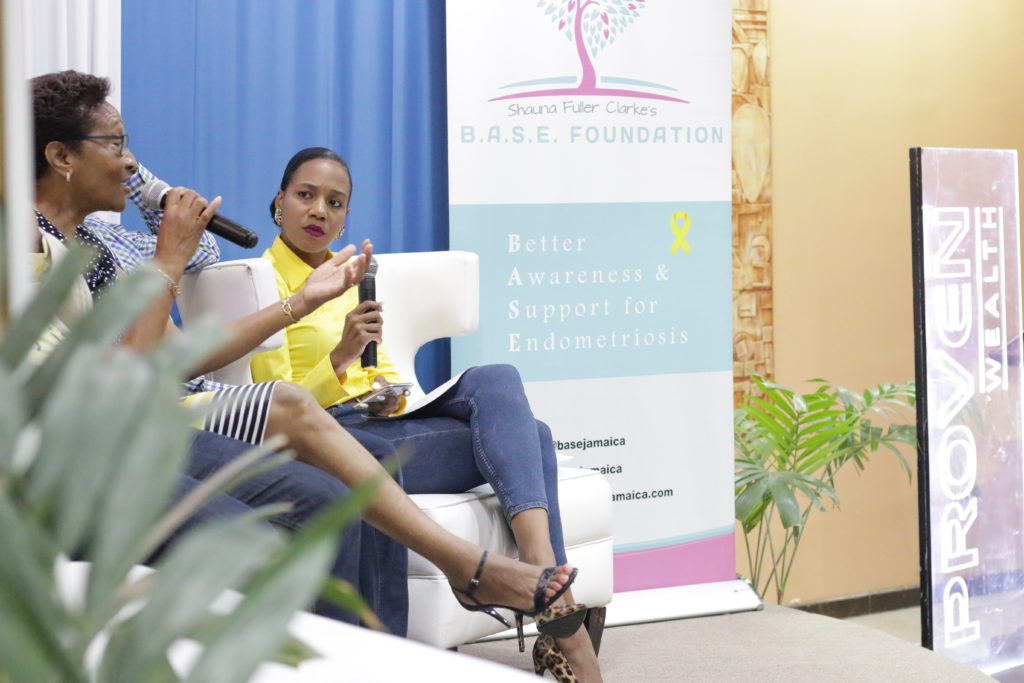
Endometriosis is a disease that affects at least 1 out of every 10 Jamaican women during their reproductive years. It causes debilitating pain before and during menstrual cycles, painful orgasms during sex, and severe mental anguish – yet very few of us are talking about it.
It’s a condition where tissue meant to grow only in the uterus are found elsewhere in the body, typically the pelvic cavity. In rare cases they can be found in the bladder, bowel, on the skin, lungs, spine and even the brain. This results in chronic pelvic pain, during menstruation and intercourse. In some 30-40% of cases, infertility or loss of pregnancy.
To make things even worse, endometriosis can take up to 10 years to diagnose, and is often misdiagnosed. Just imagine going through all of this and not being able to explain it or know what’s wrong with your body.
March has been designated Endometriosis Awareness Month. I hosted an Endo Talk aptly themed “Unmasking Endometriosis.” Women were invited to a safe space, to talk freely about the disease and its impact on their lives.
It was a day of heartbreaking, gut-wrenching stories that convinced me that the only way to get women the treatment and care they deserve, is to talk about it loudly.
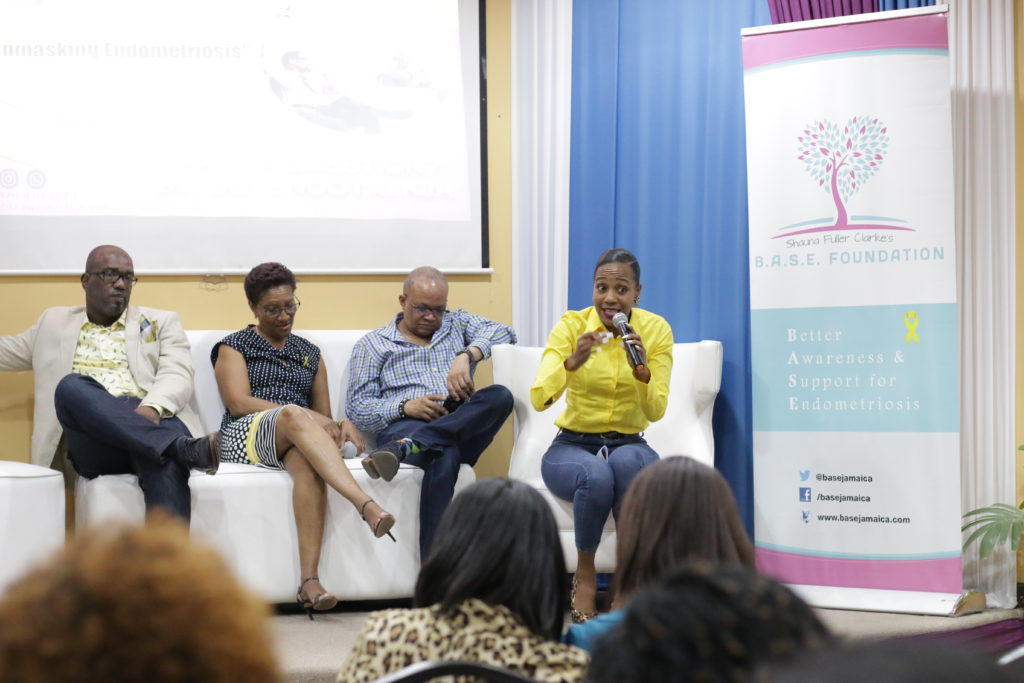
The Untold Stories
Imagine you are a young girl in Jamaica with painful menstrual cramps. Female family members tell you that your cramps are “normal.” They convince you that all women go through it. You visit your aunt in America years later, who tells you that your period pains are everything but normal.
Picture having increasingly painful orgasms, making sex extremely difficult. Imagine telling your fiancé that you don’t want to have sex and that you may be infertile.
Consider beating the odds of infertility and you get pregnant, only to have a miscarriage three months later.
These are the stories of women with endometriosis.
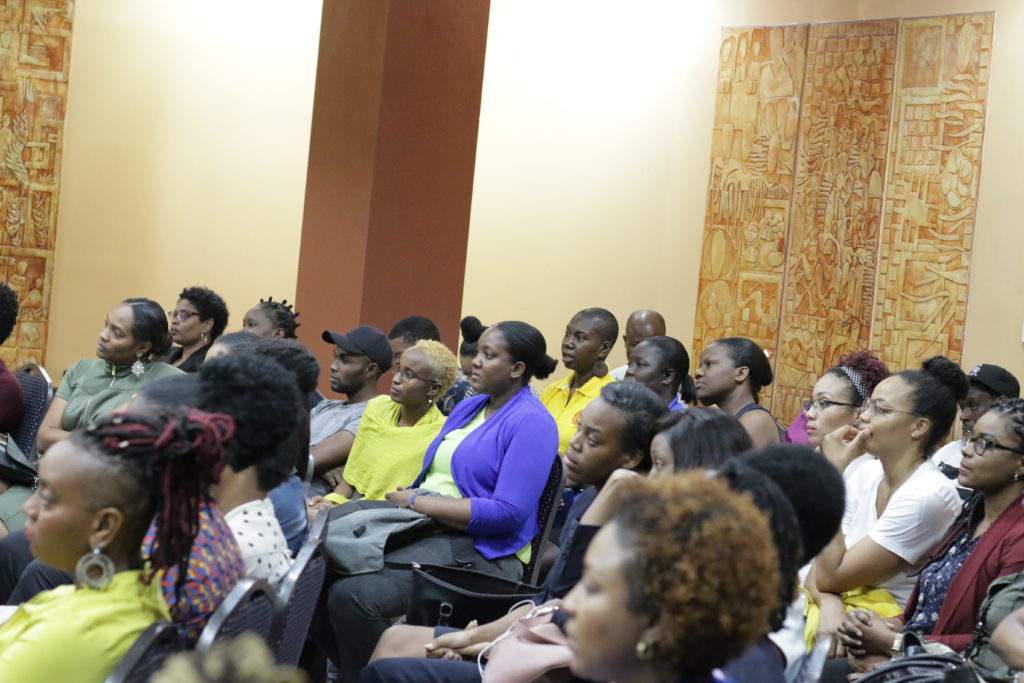
The Impact of Endometriosis
The kind of pain these women go through doesn’t just go away when their periods or intercourse are over. Pelvic pain often continues even outside of activities.
It impacts their work lives, social lives and personal lives. Some women take time off from work frequently and are considered slackers by their bosses and sometimes even lose their jobs as a result. Their friends consider them party poopers who rarely go out or cut the party short whenever they do. They have difficulty finding partners who are willing to understand and accommodate their adjusted lifestyles.
To make matters worse, they struggle to find the money to afford the frequent doctor visits, medication and therapy necessary to treat this illness.
It’s physically, psychologically and financially draining.
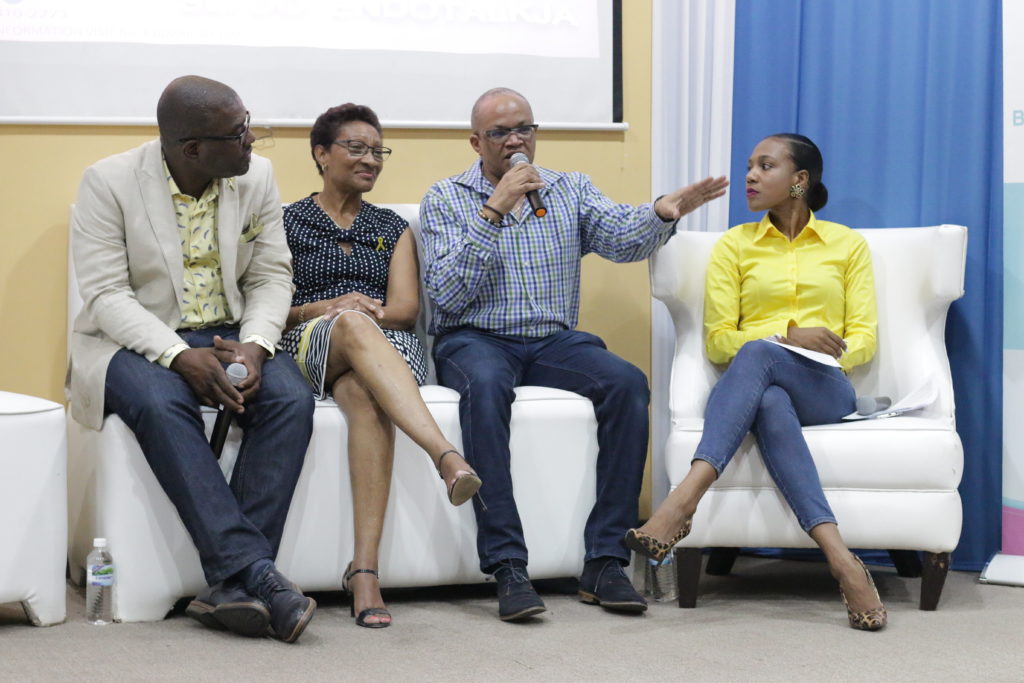
Why the Silence about Endometriosis?
It all goes back to the story of the “strong black woman”. We’ve been taught from a very young age that pain is just something women must endure.
Society has normalised painful menstrual cramps. For the most part, ignored in professional settings. Our music tells us that sex should be painful, and if it’s not, you’re not doing it right. If any of these things make us tired or depressed, that’s just a sign of weakness. We are convinced to suck it up, deal with it, or risk being treated like pariahs.
So it’s no wonder women suffer silently with endometriosis. Many of those who have it don’t even realise it’s not normal. Others that do, are afraid to speak up.
This needs to change.
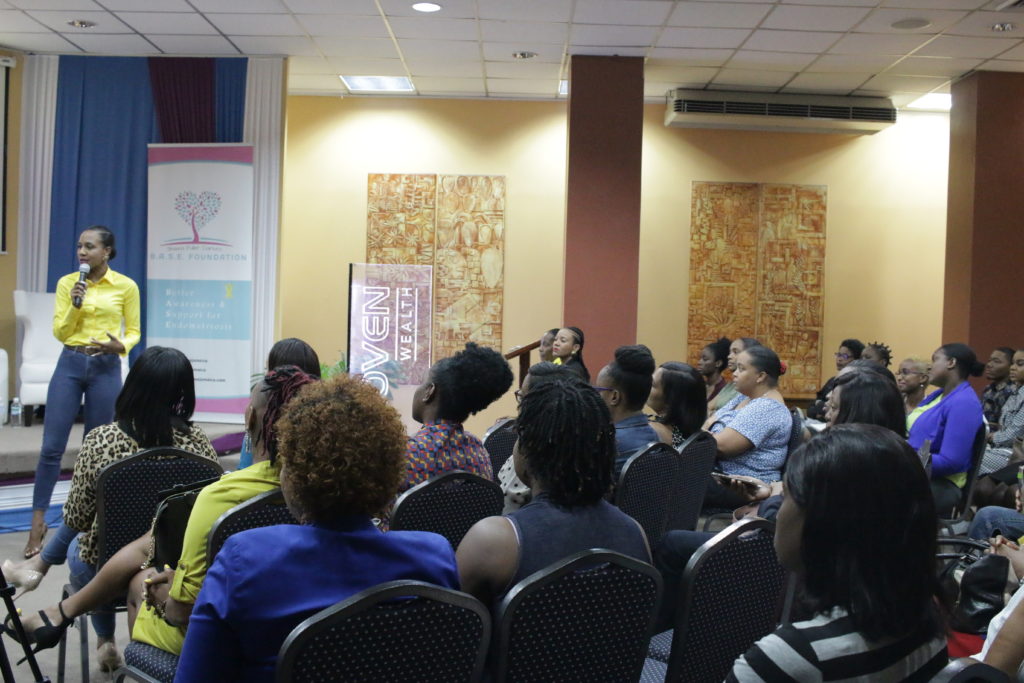
What Do We Do Now?
While there is no known cure for endometriosis, it can be managed through effective treatment. Those with the disease can improve the severity of their symptoms and have a better quality of life.
Education and awareness is key. We need more women, sensible women, at the table, bringing attention to diseases like these and making better decisions.
Our country needs to support women with endometriosis by offsetting the costs of treatment and therapy. Companies need guidance on how to effectively manage employees with the disease. The general population, as well as doctors, need to be educated on identifying symptoms and promoting early diagnosis.
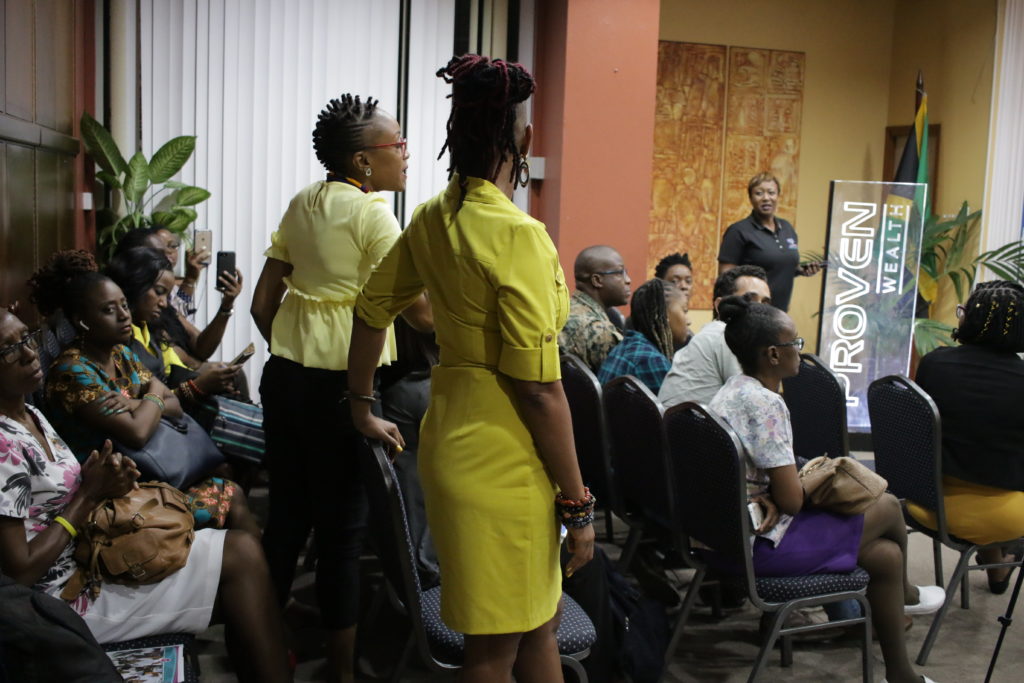
If you think you may have, or know someone who has, endometriosis, see a gynae to start the process of identification and treatment. It may also be helpful to have a conversation with a trusted HR representative at your company to facilitate a more flexible work schedule.
Endometriosis may be a silent struggle, but with a few important changes, women can start to live full, healthy lives. Let’s not stop talking about it until they do.
For more information on endometriosis in Jamaica visit https://basejamaica.com/
